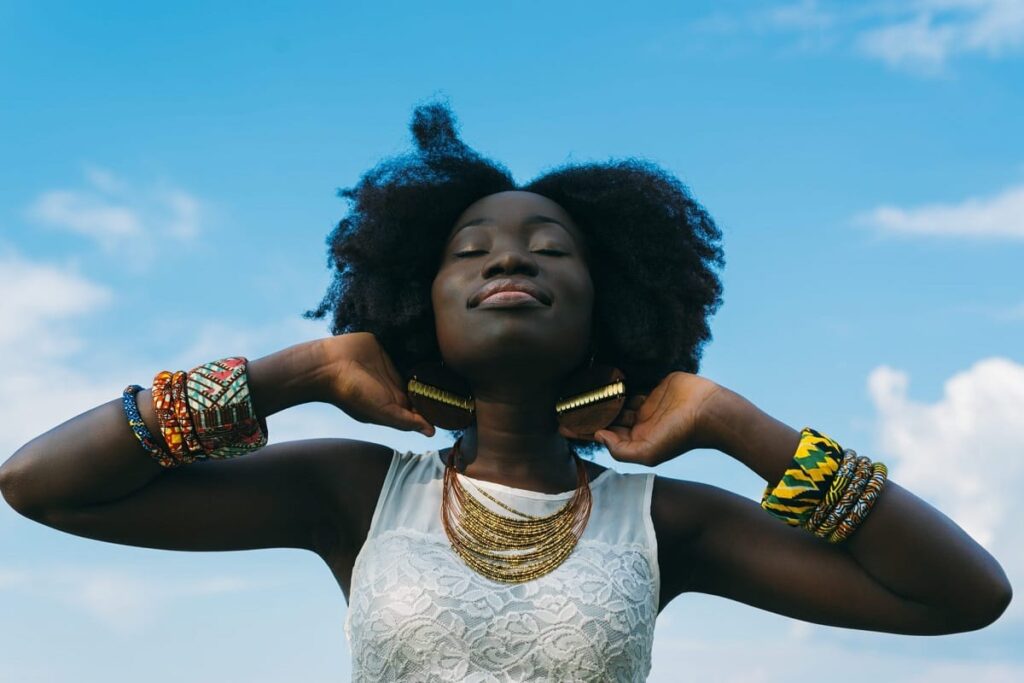by Daniel Nkado

The preference of lighter skin tones over darker ones is almost an unspoken culture in most African climes. And it is sadder to know that it is Africans, people whose skin are mostly dark that started this culture and are fuelling it.
For those that don’t know, colorism [also called shadeism] is discrimination based on skin color.
It is a form of prejudice or discrimination in which human beings are treated differently based on the social meanings attached to the shade of their complexion.
According Wikipedia, the term was coined by American writer Alice Walker sometime in 1982, and it is not a synonym of racism.
Racism is discrimination and prejudice towards people based on their race or ethnicity, colorism is discrimination based on skin color alone.
This means that colorism could be a more intra-ethnic issue. A tool of division that thrives even within the same people.
In the Igbo region of Nigeria where I am from, very dark people are teased with statements like: “oji ka nte” — “black as the cricket.”
Another very derogatory term is “unyi” — “charcoal.”
Generally, brown skin is preferred over black. The lighter your complexion the better your chances of being called “pretty”.
People, women especially, avoid creams and lotions that “darkened” them. For your skin product to sell, make sure you add something like “brightening” or “toning” in the label.
Skin bleaching is a flourishing business in Africa, even among celebrities.
People say to light-skinned babies, “Omaka” — “very beautiful”. And to the dark ones, “Ogbanili” — “they tried.”
Fair skin is celebrated, black skin is avoided. In beauty contests, fair-skinned women have better chances of being crowned queens. This trend is slowly changing now, thanks to strong protests and enlightenment. “Black Beauty” is also becoming a thing – a term now used to push the idea that you can be dark-skinned and still be beautiful.
A church I once attended had to cancel the drama we had rehearsed because the guy that played Jesus wasn’t fair-skinned.
“What kind of Jesus is this?” the pastor asked, horrified to the nose. “Biko, better find someone else or leave the play entirely!”
Even in choosing life mates, dark people rarely get married to people that are as dark as them.
“How can I be this dark and still marry a dark woman, anampu ara?” — a friend of mine said this once.
He was afraid of the kind of children he would produce if he married an equally dark person — black children people would run away from.
I once used a black-tone smiley in a Whatsapp group and people started making jokes.
“Dan, biko, I know we are Africans and our skin is dark but this black version of the smiley is unacceptable.”
Of course I defended myself, because I could. But I can only imagine just how terrible a dark-skinned kid in school would feel if he or she finds themselves in a similar situation.
Parents frequently teach their kids to adore white skin and avoid dark skin.
But then, the very funny thing is, if you somehow become too blessed with brightness and it happens that you lose all your melanin entirely, you will get the same shocking treatment as the black-skinned person. If not worse.
Albinos are called “anyali” — something that has to do with the associated visual problems experienced by people with the condition.
They are in high demand only for ritual purposes.
Also, those who fail at their bleaching games are teased with “Ihu Fanta, okpa Coke.“
Fanta face, Coke legs!
Having knuckles and knees noticeably darker than the shade of the rest of your skin is a good source of derisive amusement.
Goes to show how very insatiable people’s opinions can be. To the person feeling sad because they are dark, someone nearby is wishing they had what you have, even if just a slice.
These same people that wish they look like you will still join the group that jeer at you.
In conclusion, in whatever color you come in, flaunt it with pride. Imagine how very boring life must be if there is no diversity.


